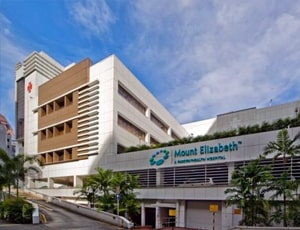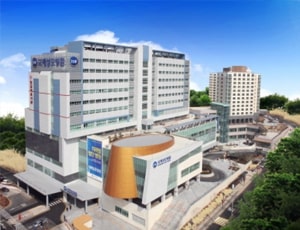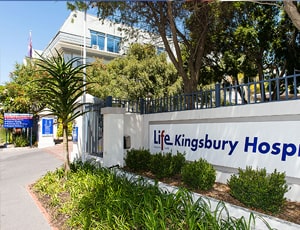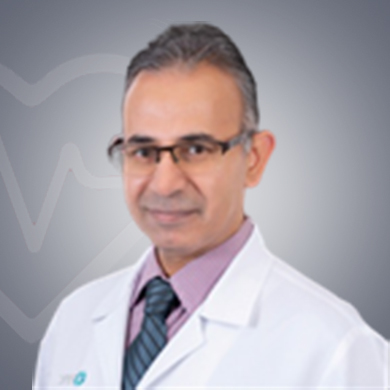Nasal polyps are fleshy swellings or polypoidal, benign/non-cancerous masses that develop in the lining of the nose and paranasal sinuses. They usually occur in both nostrils, though unilateral polyps rarely occur. Polyp formation in the nasal cavity is due to chronic allergic rhinitis, chronic sinusitis, and, less commonly due to underlying disease such as cystic fibrosis.
Patients with large polyps present with nasal obstruction (breathing difficulty), persistent nasal discharge (rhinorrhea), sinus infection, and loss of the sense of smell (anosmia) for a prolonged duration.
It is usually done to remove polyps that are closer to the nasal opening.
Anesthesia: Local
Procedure: Initially the local anesthetic is applied to the surgical site which helps to numb the area. To carry out the surgical process, forceps or a
Polyps which are large and obstructive and which are not effectively managed with medications such as steroids are removed by this endoscopic sinus surgical method. This procedure helps to improve airflow through the nasal passage as well as improves sinus drainage and sense of smell and taste.
Procedure: An optical tube with a video camera at one end (endoscope) is passed into the nostrils by the surgeon. This allows them to see inside of nose and sinuses. Once the location of nasal polyps has been identified, then specialized instruments such as micro-
Sometimes, a laser device is used instead of micro-
Sinus surgery cost varies from hospital to hospital and country to country.
Long-term steroidal nasal spray therapy is recommended post-surgery, to delay the recurrence of the polyps quickly.
Common problems associated with endoscopic sinus surgery include:


Singapore, Singapore
Mount Elizabeth Hospital is a multispecialty healthcare facility operated by Parkway Health. The hos...more
![]() Private Rooms
Private Rooms
![]() Translator
Translator
![]() Nursery / Nanny Services
Nursery / Nanny Services
![]() Airport Pick up
Airport Pick up

Seoul, South Korea
Catholic kwandong university international St Mary hospital is one of its kind hospitals in Korea. I...more
![]() Post operative followup
Post operative followup
![]() Airport Pick up
Airport Pick up
![]() Online Doctor Consultation
Online Doctor Consultation
![]() Free Wifi
Free Wifi

Cape Town, South Africa
In 2014, the long-awaited union of Life Claremont and Life Kingsbury Hospital took place, putting th...more
![]() Accommodation
Accommodation
![]() Airport Transfer
Airport Transfer
![]() Choice of Meals
Choice of Meals
![]() Interpreter
Interpreter

ENT Surgeon
Delhi, India
24 Years of experience
USD 32 for video consultation

ENT Surgeon
Dubai, U.A.E.
20 Years of experience
USD 140 for video consultation

ENT Surgeon
Delhi, India
26 Years of experience
USD 32 for video consultation

Otorhinolaryngologist
Gurugram, India
10 of experience
USD 40 for video consultation
Q: How long does it take to recover from nasal polyp removal?
A: It may take around two weeks to recover from nasal polyp removal.
Q: Can nasal polyps come back after being removed?
A: Nasal polyps can often come back after they have been shrunken and eliminated with the help of sprays and medications. However, chances of it coming back after surgical removal are low.
Q: Is removal of nasal polyps painful?
A: Nasal polyps are nowadays removed through endoscopic nasal surgery. It results in much less pain and discomfort after the surgery.
Q: How do nasal polyps look like upon removal?
A: Nasal polyps are quite common noncancerous growths that form inside the nose or the sinuses. These look like peeled grapes from the outside when removed.
Q: How long are you out of work for sinus surgery?
A: Some patients may return back to work within a few days after the surgery, which others may take at least one to two weeks. The recovery time after nasal polyp removal depends on the extent of the surgery and the nature of the job that the patient is supposed to return to.